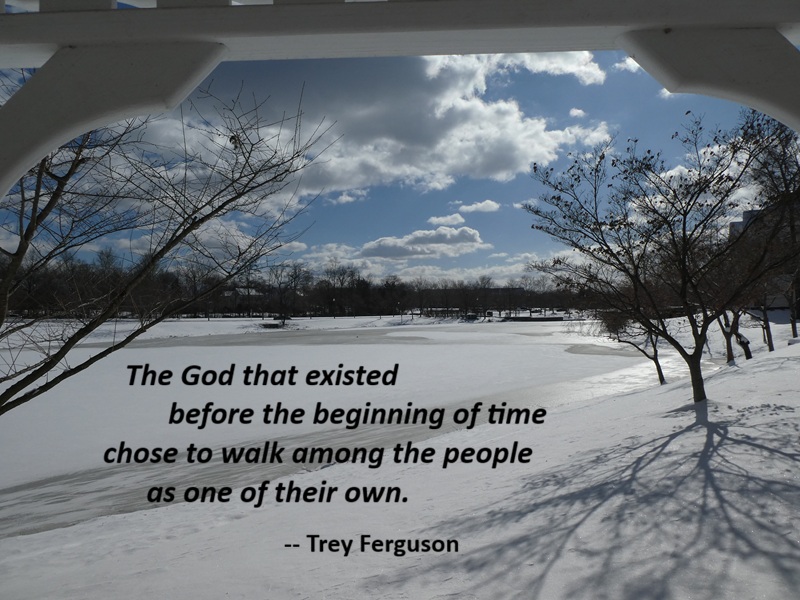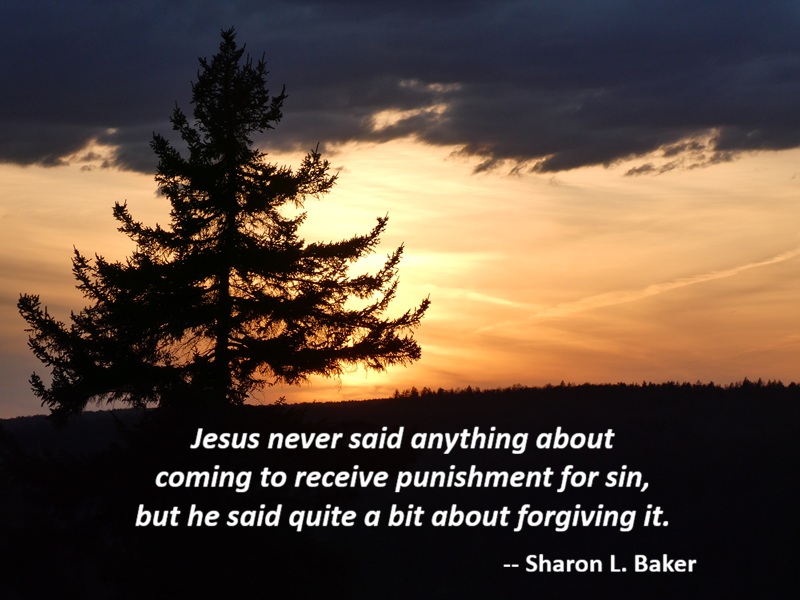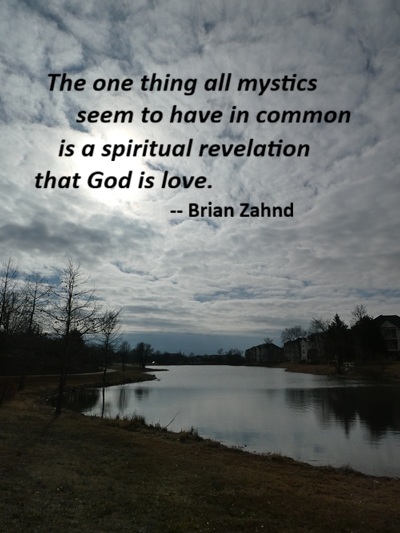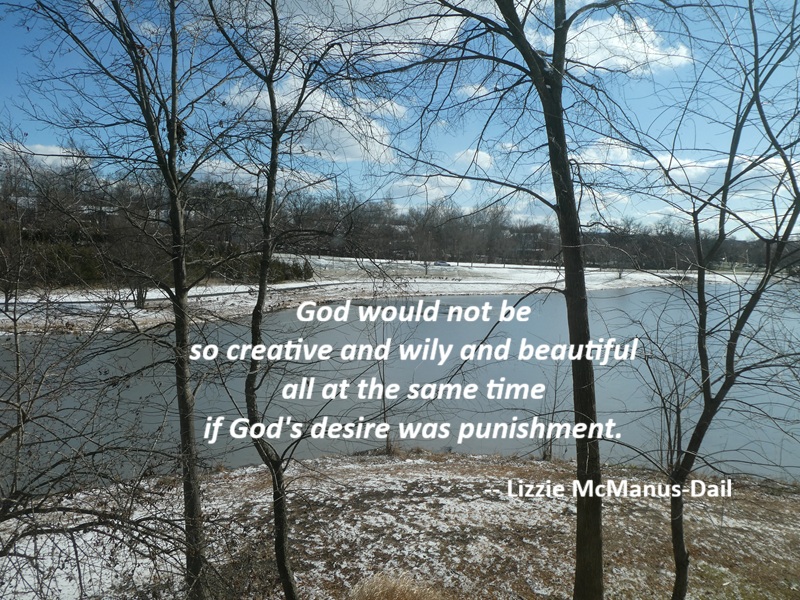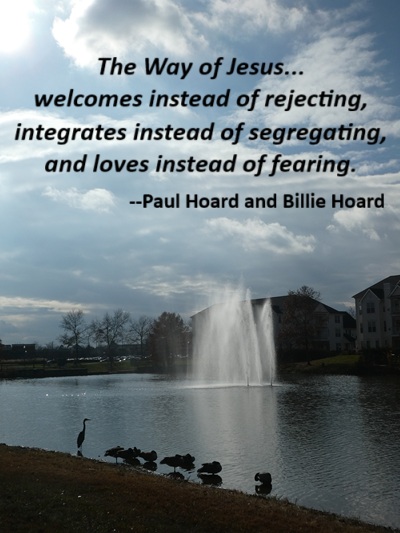Worth Embracing
I’m not asking you to embrace a violent white supremacist or to place yourself in the path of physical harm or to do anything that causes you emotional injury. But generally speaking, if our faith is going to overcome the ugliness around us, we’re all going to have to figure out how to do the difficult work of loving people we dislike. We’re going to have to stop creating false stories about people from a safe distance and get truer ones. We’re going to have to find a way to offer an open hand instead of a clenched fist. We’re going to need to slow down enough and get close enough to our supposed enemies that we can look in the whites of their eyes and find the goodness residing behind them. It may be buried in jagged layers of fear and grief and hopelessness – but it is almost always there. I don’t like to think about the humanity of people when they are acting inhumanely and find ironically that I have the greatest difficulty manufacturing compassion for people who seem to lack compassion, mostly because I don’t want them to get away with something. I don’t want to risk giving tacit consent to the terrible things they do, to the wounds they inflict, to the violence they manufacture – and the simplest way to do this seems to be to despise them. Hating people is always going to be the easier and more expedient path than loving them, because loving them means seeing them fully, hearing their story, stepping into their skin and shoes as best we can, and finding something worth embracing.
— John Pavlovitz, Worth Fighting For, p. 44-45.
Photo: South Riding, Virginia, January 17, 2026

